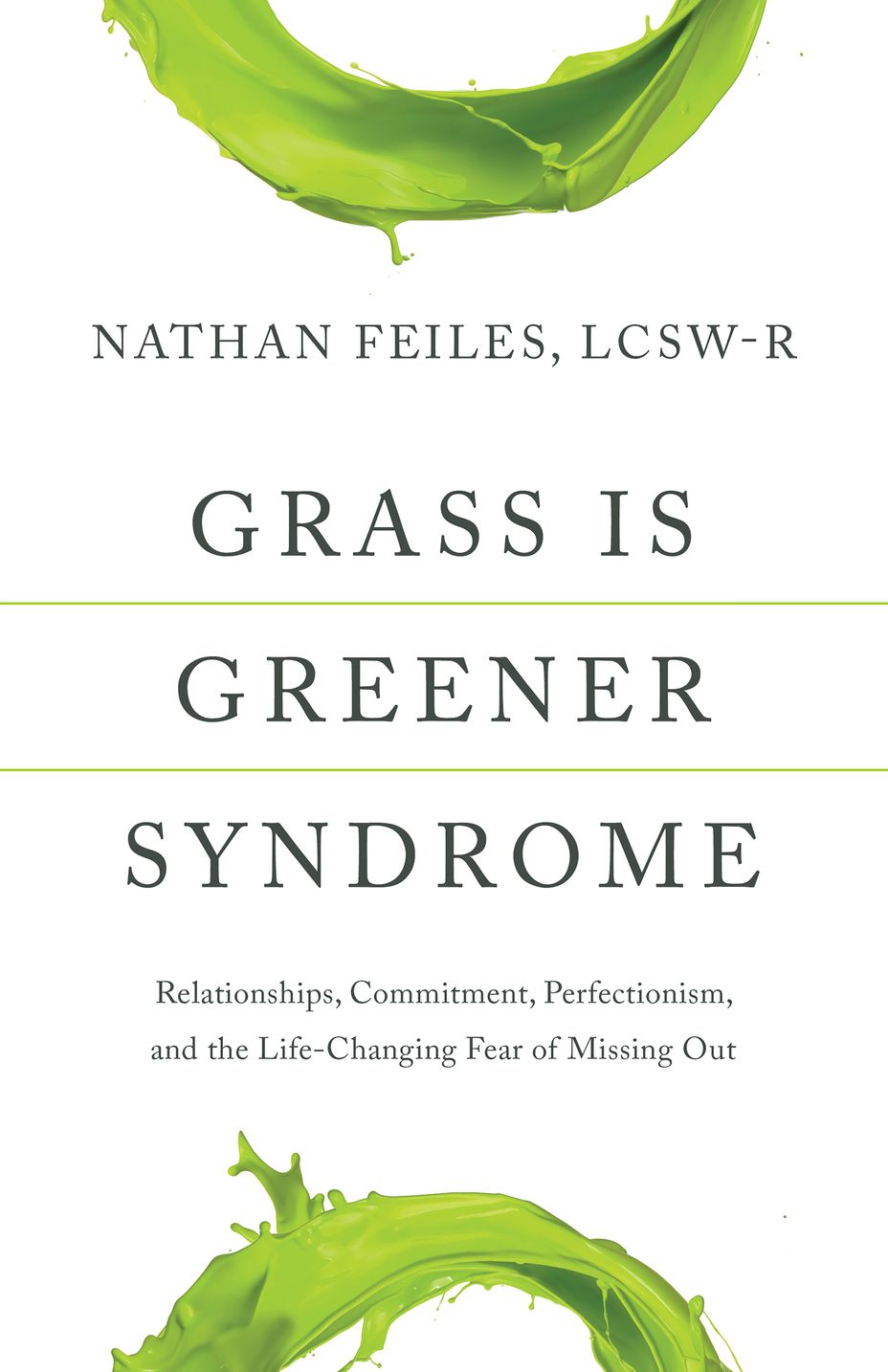When Perfectionism Crosses The Line
Perfectionism can sometimes mask as positive ambition. Society can have a way of celebrating high achievement and the relentless pursuit of excellence. However, there’s a meaningful difference between striving for quality and being trapped in the self-defeating cycle of trying to achieve impossible standards. There comes a point when perfectionism and the desire for the best out of life crosses the line from healthy ambition into a destructive setup for repeated failure.
Often, perfectionism can begin as motivation but gradually over time turns into a source of self-criticism and inadequacy. Instead of building you up to greater success, achievement, or fulfillment, it brings you down into feelings of failure and inadequacy. When it gets to this point, it can become necessary to seek help to undo these sabotaging patterns.
The Fear of Not Being Enough
Perfectionism tends to involve deeper fears, which can turn into external projection. Beneath the drive for flawlessness can often be a deep belief that in order to be acceptable and worthy, that you have to do everything right or perfectly. It's generally an all-or-nothing setup that can feel like if you're not doing things the right way, or making the right decisions, then it's not good enough. This can get in the way of relationships, commitment, jobs and career, and fulfillment in other areas of life.
When the standards for success are set with impossible expectations, failure becomes inevitable, and with each failure becomes a form of validation that you must really not be good enough or worthy of happiness or success. Perfectionism, in this sense, becomes a self-fulfilling prophecy.
It is also the case that sometimes in striving for perfection you might actually achieve something significant. However, instead of satisfaction, you may feel only a brief sense of relief before the bar rises again, often more and more out of reach each time. Over time, this cycle can leave you feeling inadequate, unworthy, and even burned out.
The Anxiety Behind Perfectionism
When you're under the constant pressure to get everything right it can create overwhelming anxiety, even to the point of panic attacks (it can also come with OCD tendencies). You may find your mind and body remaining on high alert, always scanning for mistakes or imagining worst-case scenarios. Even small mistakes can feel catastrophic, triggering spirals of worry, self-doubt, and fear. This anxious tension often appears as uneasiness, overthinking, or trouble relaxing, because when perfection feels like the only safe option, it can be hard to ever feel safe to be at ease and let your guard down. In a sense, the tension builds until you achieve perfection, and then and you can relax. However, when the perfection isn't achieved, the result is a dynamic of constantly growing anxiety in tandem with defeat and hopelessness.
When Perfectionism Starts Limiting Your Life
It can sometimes be difficult to see the point where perfectionism turns from motivating you to limiting you. Here are a few indicators that the line is potentially being crossed:
Paralyzed by procrastination. You might avoid things (especially opportunities for success) because the risk of falling short can feel overwhelming. This is one self-fulfilling prophecy of perfectionism. It can be so scary to fail that the fear of failure can lead to avoidance of starting at all -- thus causing the failure to happen.
Decision-making becomes agonizing. You may overthink decisions, especially when the stakes become higher, often out of fear of regret, or getting it wrong. Even if you're aware that not all decisions always work out, to someone with perfectionistic tendencies each mistake or less-than-ideal outcome still brings the fear of not being worthy or good enough, and like you've failed.
Accomplishments either feel short-lived or non-existent. Even after a significant accomplishment, instead of feeling proud, joyful, or accomplished, you may instead start to notice every flaw and play over in your mind what wasn't good enough or what "should" have been done better. In these instances, satisfaction can become replaced with self-criticism and a relentless (and quite stressful) focus on how you weren't good enough.
Relationships begin to suffer. I have written extensively on grass is greener patterns in people and the role that perfectionism can play in taking fulfillment out of relationships, leaving you constantly looking for better. In the projection of perfectionism, you may hold others to the same standards (even unreasonable or unrealistic ones) that you apply to yourself. Perfectionism, when it crosses the line, can in many ways be viewed as a compulsion to keep you from being vulnerable. This can cause issues with intimacy, closeness, and general fulfillment in relationships. When you don't feel good enough about yourself, it can be hard to see someone else as good enough (unless, of course, they are perfect).
Moving Forward and Letting Go Of Perfectionism
Perfectionism often comes from experiences growing up. It can begin early in life where love or attention felt conditional, or where there was conflict between parents at home (if you were good or perfect, maybe they'd argue less, or not get angry, etc.). Perhaps you learned that being “good” or successful earned praise, approval, and love, while mistakes led to disappointment, disapproval, or shame. These painful experiences can linger long after childhood, shaping how you measure self-worth.
Sometimes perfectionism develops as a way to manage anxiety. If you can control everything and avoid mistakes, maybe you can prevent bad things from happening. In this way, it can actually be an attempt to create certainty in an uncertain world.
These are just some of the ways that perfectionism can develop and take hold. Just remember that it is something you can come through the other end of.








